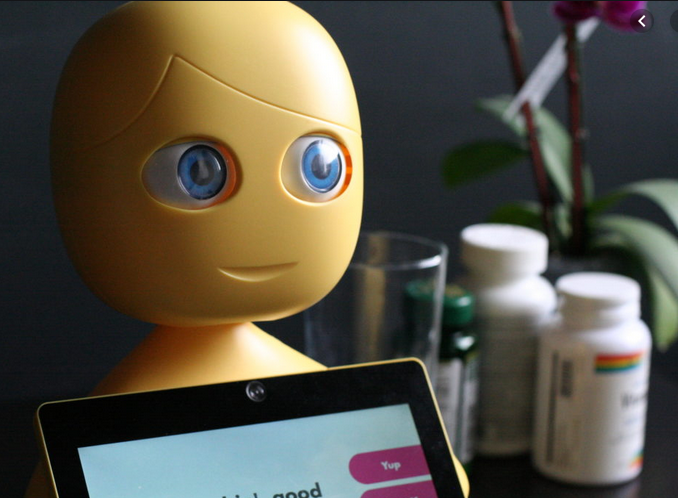Overblown gluten fears, Senate tackles DIR fees, a new robot helper, and more
14 Sep 2019
Posted by Andrew Kantor
Senators to administration: End DIR fees
We love a bipartisan story, especially when it’s good for pharmacists like this one. More than 80 percent of the Senate Finance Committee — 11 Republicans and 14 Democrats — sent a letter to HHS and CMS asking that they “close a Medicare regulation loophole – known as pharmacy direct and indirect remuneration (DIR) fees – that inflates patients’ out-of-pocket drug costs and that is pushing pharmacies out of business.”
DIR reform was initially part of a 2018 plan from the Trump administration, but it ended up being cut in the final Medicare rule. It’s time, the senators said, to bring that back. Just about every major national pharmacy organization gave its “Amen!” to the letter.
Why can’t we make better cancer drugs?
The answer might be that the drugs we have are hitting more than one target — and leading to incorrect conclusions.
For example, scientists might think that protein A is critical for cancer cells, and make a drug to attack it. It works. But they don’t realize that the drug is also affecting proteins B and C, and those (not the attack on protein A) are what’s making the drug effective. It’s called “off-target toxicity.”
The result is drugs that work, but not for the reasons we think … and that makes improvements harder to create.
This is more about reminding you that this product exists
Albertsons will now sell DisposeRx packets at all its pharmacies. Each packet — which costs about a dollar — lets a patient mix leftover pills with a powder that turns them into an unusable “thick, nontoxic and nonhazardous gel.”
Automating insulin gets popular
In case you’re curious, a new paper in Diabetes Care reports that, since 1995, insulin pumps have been continuously getting more popular (usage went from 1% to 53%!), and — especially for kids — continuous glucose monitoring has also become more common. That is all.
Will patients talk to robots?
Pfizer wants to know. It’s starting a pilot program with a little yellow robot called Mabu from Catalia Health. The idea is that patients will talk to Mabu, and the robot will work with caregivers to manage treatments.
Mabu uses voice interactions powered by conversational AI to assess a user’s mood, record data, manage symptoms, and provide helpful information. The robot then supplies information back to medical professionals — like caregivers or clinicians — such as the frequency of medication usage or questions the robot was unable to answer.

You don’t say?
Shocking revelation: If you don’t have Celiac disease, gluten won’t cause you any kind of GI problem. We appreciate getting health advice from celebrities as much as anyone, but sometimes it’s nice to live in the real world too.


